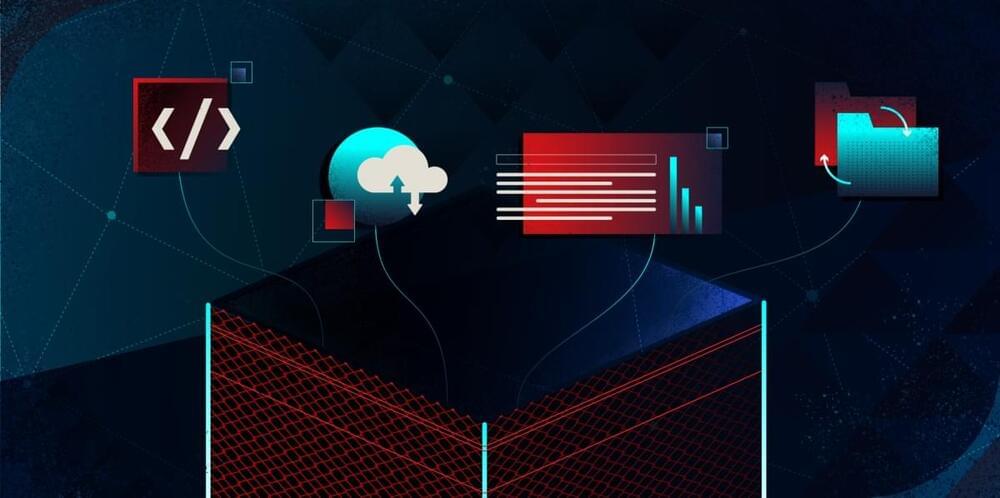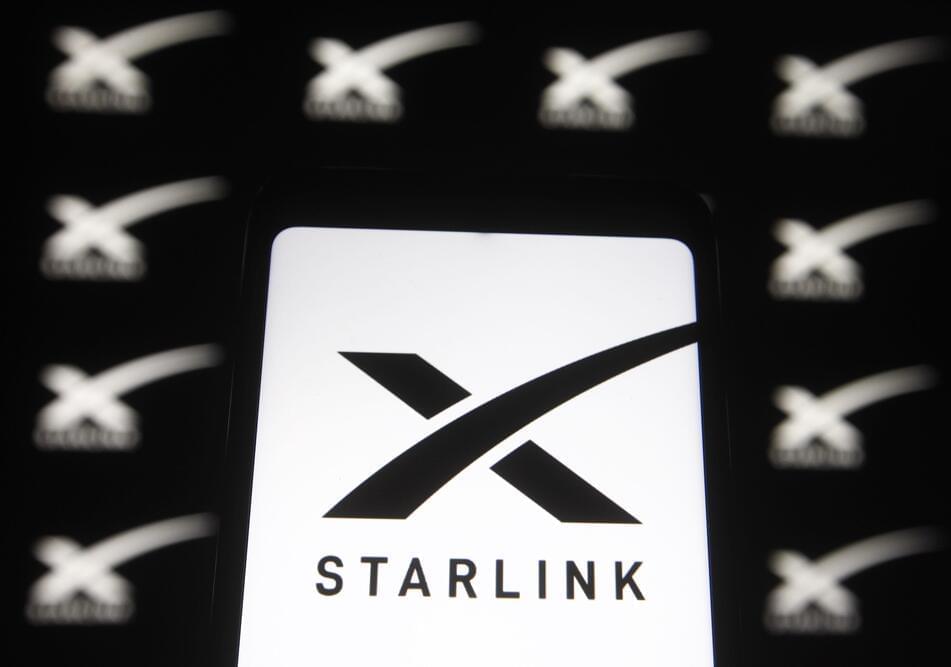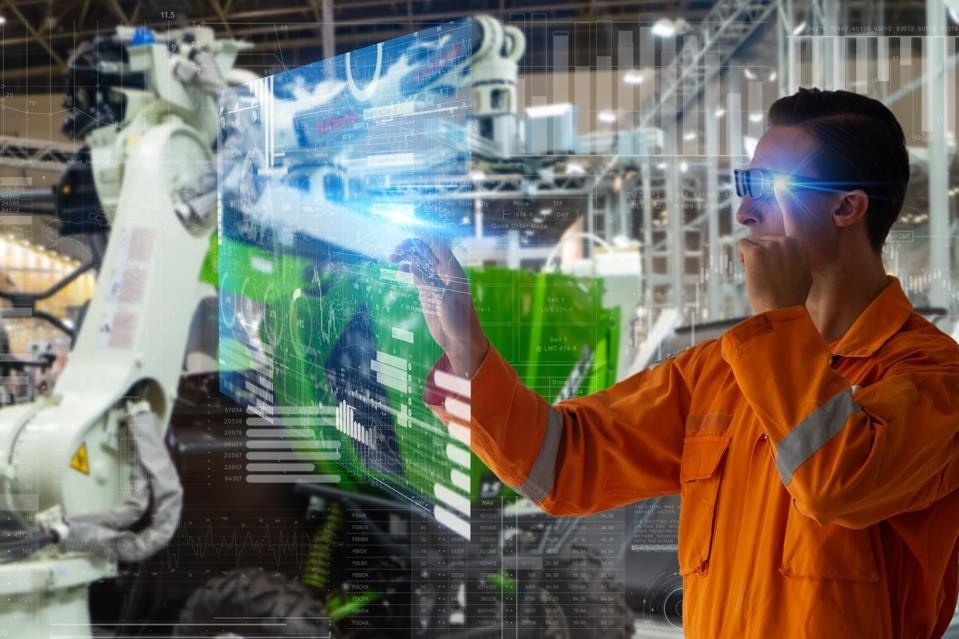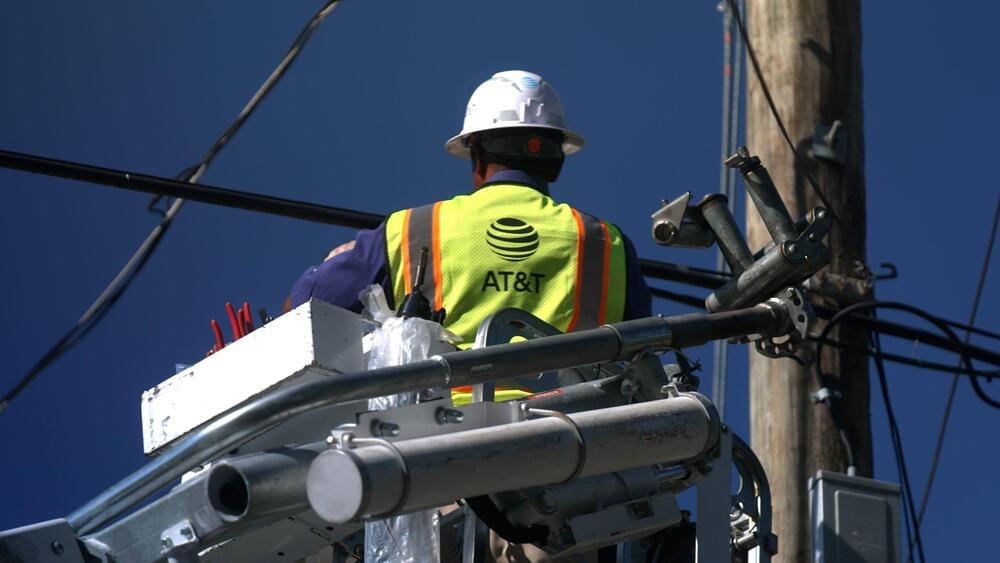Hold on to your hats. SpaceX Starlink Premium offers much faster internet to those that need it most, like businesses and other organizations. It’s the latest in Elon Musk’s plans for the service.



On this land taken from Indigenous Peoples, a new nation was eventually born, largely built by those whose ancestries traced back to the Old World via immigration and slavery.
As the country grew, inventions like the telephone, airplane, and Internet helped usher in today’s interconnected world. But the inexorable march of technological progress has come at great cost to the health of the planet, particularly because of global dependence on fossil fuels. The United Nations declared in 2017 that a Decade of Ocean Science for Sustainable Development would be held from 2021 to 2030. This Ocean Decade calls for a worldwide effort to reverse the oceans’ degradation.
The dawn of this decade, 2020, also marked the 400th anniversary of the Mayflower’s journey. Plymouth 400, a cultural nonprofit, has been working for more than a decade to commemorate the anniversary in ways that honor all aspects of this history, said spokesperson Brian Logan. Events began in 2020, but one of the most innovative launches is still waiting in the wings—a newfangled nautical craft, the Mayflower Autonomous Ship, or MAS.

But meta company can easily regulate our activity. Eg:- blocking our account.
Widespread accessibility for the metaverse and the technologies that develop it is vital for the metaverse to reach its full potential. Will the metaverse follow a similar path of innovation and regulation as the internet did?
Seattle-based software company Pluto VR has brought its virtual reality streaming platform PlutoSphere into Early Access.
Initially announced in February 2021, PlutoSphere allows its users to stream VR applications to a headset without the need for a local computer, in order to dramatically reduce the cost of entry for virtual reality. Instead of building a new rig around VR compatibility, you can theoretically just get a headset, then run everything from every library you own via data streaming.
PlutoSphere is currently compatible with the Oculus Quest and Quest 2, with plans to support other headsets and mobile devices in the future. It also requires a 5 Ghz WiFi 6 Internet connection, 50 Mbps of bandwidth, a Steam account, and less than 100ms ping to an Amazon Web Services region.

But Elon Musk’s company touts improved hardware, faster service speeds and priority support for its premium customers.
“Starlink Premium has more than double the antenna capability of Starlink, delivering faster internet speeds and higher throughput for the highest demand users, including businesses,” the SpaceX website said.
According to the Starlink website, the first premium deliveries will begin in the second quarter.


The Industrial Internet of Things (IIoT) connects IoT with Industry. The IIoT allows companies to reap information from their machines and environments to create intelligent, self-learning machines. This interconnected ecosystem provides numerous benefits for enterprises, such as reduced downtime, increased throughput and safety, and predictive maintenance — leading to greater efficiency. The 4th Industrial Revolution is fueled by exponential advancements in digital technology and brings us closer to a sustainable future of intelligent manufacturing environments that operate with zero emissions. With the advent of Industry 4.0, there has been a massive increase in the levels of data being produced by intelligent machines. This enormous increase in information can be hard to manage and analyze effectively without converting into usable insights. These insights are gained through the use of various technologies, including intelligent digital twins that allow for real-time monitoring of a machine’s condition, AI that can analyze large amounts of data to produce actionable insights, and connected devices that provide live status updates.
Full Story:
Tesla has launched an in-car karaoke microphone called TeslaMic. But it’s only available in China for now.

The talk about metaverse really went ballistic after Facebook changed its corporate name to Meta and CEO Mark Zuckerberg’s keynote at the Facebook Connect event touted the metaverse as the social networking future. But most of the talk is not really about the true metaverse as envisioned in science fiction and first described in in Neal Stephenson’s 1992 cyberpunk science fiction novel Snow Crash. A true metaverse needs to be an interconnected “Internet” of virtual spaces that are open to many different companies, not a walled garden. It will take an open platform offering access to a shared virtual space to create the true metaverse. And it will also require a level of standardization and interoperability that doesn’t exist today.
In Snow Crash, the Metaverse was a phrase coined by as a successor to the Internet. It was a vision of how a virtual-reality-based Internet might evolve and was heavily influenced by early video games. This version of the metaverse resembles a persistent massive multiplayer online game (MMO). Players would have user-controlled avatars, and there were a social hierarchy, but there was pervasive access and a global scale.
The closest we came to open 3D interoperability was VRML (Virtual Reality Markup Language) back in the 1990s. The HTML approach to creating a metaverse using the VRML standard attempted to create a virtual 3D markup language that could be used to create and link 3D spaces together into one that you could access through a VRML browser. It failed.

There is nothing inevitable about aging, or about its rate. Californian bristlecone pines are believed to live for 5,000 years, and there are long-lived mammalian creatures as well. Some marine creatures do not display any signs of aging at all, including hydra, jellyfish, planarian worms, and coral. Certain human cells have immortal characteristics too. When a woman gives birth, she produces a baby which is “new”. Her “germline” (reproduction-related) cells produce a child with no signs of age.
These and many other considerations combine with the unreasonable effectiveness of modern AI to lead some people to believe that significant advances in longevity are imminent. These advances probably cannot happen without the active participation of the wider pharmaceutical industry, and the acceptance by policy makers and regulators that aging is a disease, not just an unfortunate and inevitable component of the human condition. There is still considerable reluctance among major pharmaceutical companies to contemplate specific anti-aging therapeutic developments. But there are encouraging signs of this reluctance being challenged, especially at Novartis and AstraZeneca.
Beyond the pharma giants, Mellon reckons there are 255 companies which claim to be specifically targeting aging, of which 35 are listed on stock markets. But he thinks that only a minority of them are genuinely working to tackle aging, as opposed to one of the diseases it causes, like cancer, dementia, or heart disease. He likens the state of the longevity industry today to the internet industry of 20 years ago, when it was still in its dial-up phase, and downloading information (or, heaven forbid, images) was like sucking jelly through a straw. And although longevity will have such a massive impact on all of us that you might expect progress to be expedited, Mellon points out that the internet did not have to go through lengthy and expensive FDA trials at every step.

Telecom provider AT&T this week said some local customers now have access to faster internet with the addition of 2 gigabit and 5 gigabit fiber internet to the community. Reno is one of more than 70 metro regions in the country to get the upgrade.
The top speeds for AT&T fiber internet had previously been 1 gig.
AT&T officials said the rollout of the improved fiber network for residential customers was in response to pandemic shifts in how people work, with many more people setting up home offices or making their homes a permanent workplace.